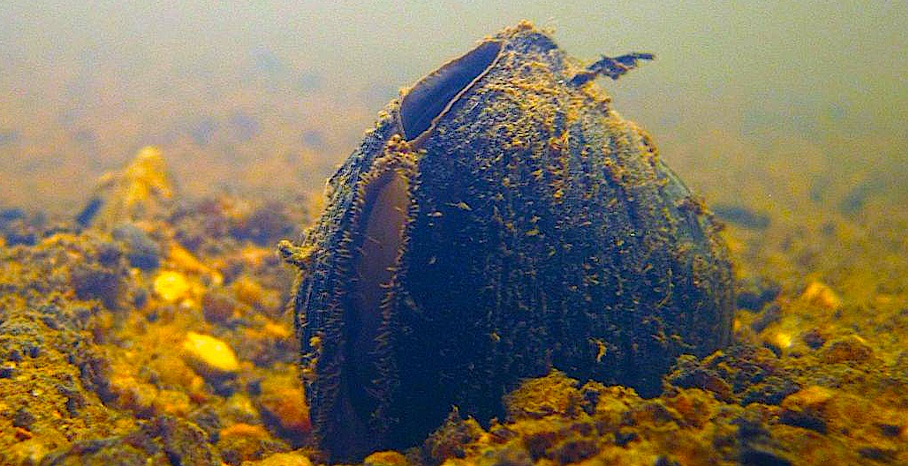
North Carolina Sea Grant is accepting until Feb. 4 proposals for the Community Collaborative Research Grant program, which funds projects on high-priority environmental and economic issues in the state.
The grant program requires a collaborative research approach pairing community stakeholders and academic experts to address priority coastal issues that align with Sea Grant’s mission and strategic plan.
Supporter Spotlight
New grants will range from $5,000 to $25,000 for projects to begin later in 2022 that take place over one year. In 2021, the program funded projects on youth training regarding resilience, oysters, near-shore contaminants, shoreline erosion, sharks, wetlands and endangered freshwater mussels.
“This program is an effective and efficient process to continually address community priorities that can change year to year,” explained John Fear, North Carolina Sea Grant’s deputy director.
“CCRG projects bring significant returns on investment,” Fear added. “In our recent review of the first six years of the grant program, we have confirmed that new partnerships have sustained themselves well after the end of individual projects, allowing momentum that produces ongoing benefits.”
The CCRG program partners with NC State University’s William R. Kenan Jr. Institute for Engineering, Technology and Science, or KIETS, and North Carolina’s Water Resources Research Institute, or WRRI. CCRG funding opportunities can address watersheds and water resource issues, as well as key coastal urgencies.
KIETS Associate Director Raj Narayan said KIETS is pleased to continue its collaboration in funding CCRG.
Supporter Spotlight
“Consistent with our mission to support innovative partnerships, the CCRG brings together academic, government, nonprofit, and business partners across NC who work collaboratively towards solving relevant and important problems. The CCRG reflects and amplifies a collective and intentional focus enabling authentic community engagement that serves to support and nurture the creativity and resiliency of these communities,” Narayan said.
“This manifests itself through the projects the CCRG supports which vary from educational initiatives lifting up the voices of young climate leaders, enabling research that addresses environmental preservation, and informing strategies to empower the economic development and vitality of our state,” he added.
WRRI adds a focus on watersheds and water’s vital role in communities.
“Drawing on expertise from WRRI enables CCRG to benefit communities from the coast to the mountains of North Carolina,” Kaitlin Tucker, who joined WRRI this year as research and engagement coordinator, said in a statement.
Access the full Request for Proposals with instructions for online submission at go.ncsu.edu/CCRG.







